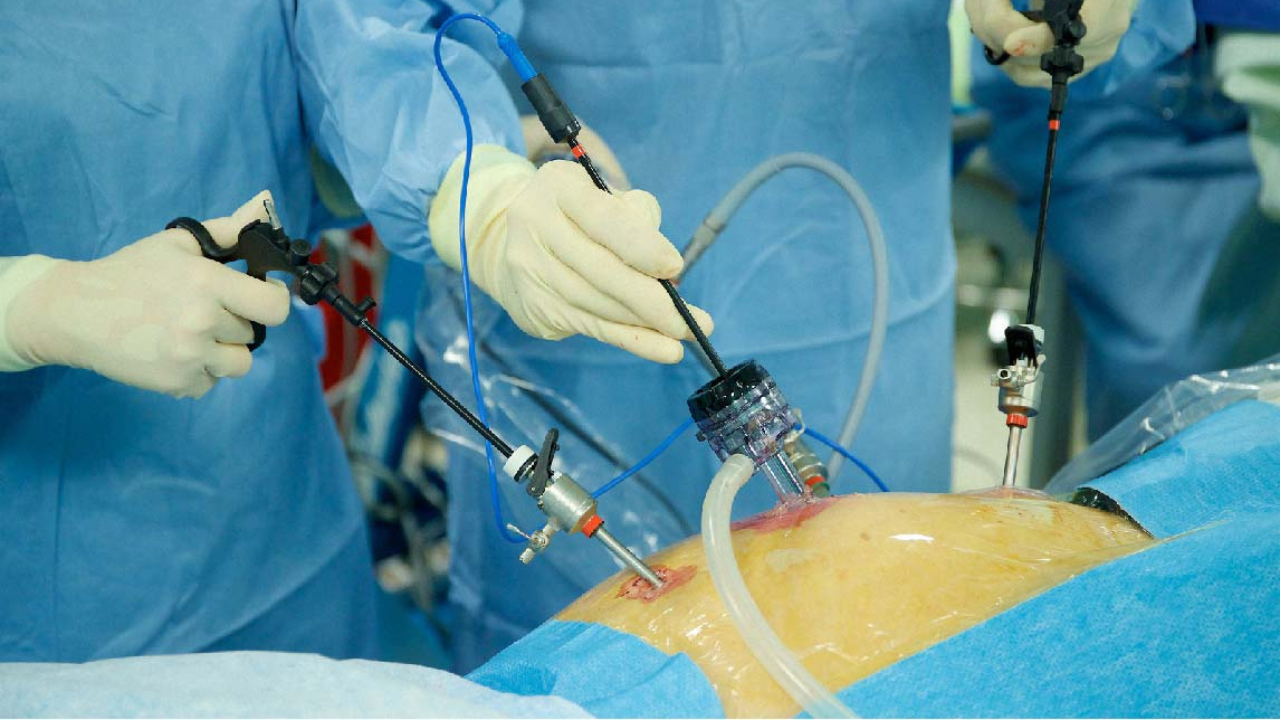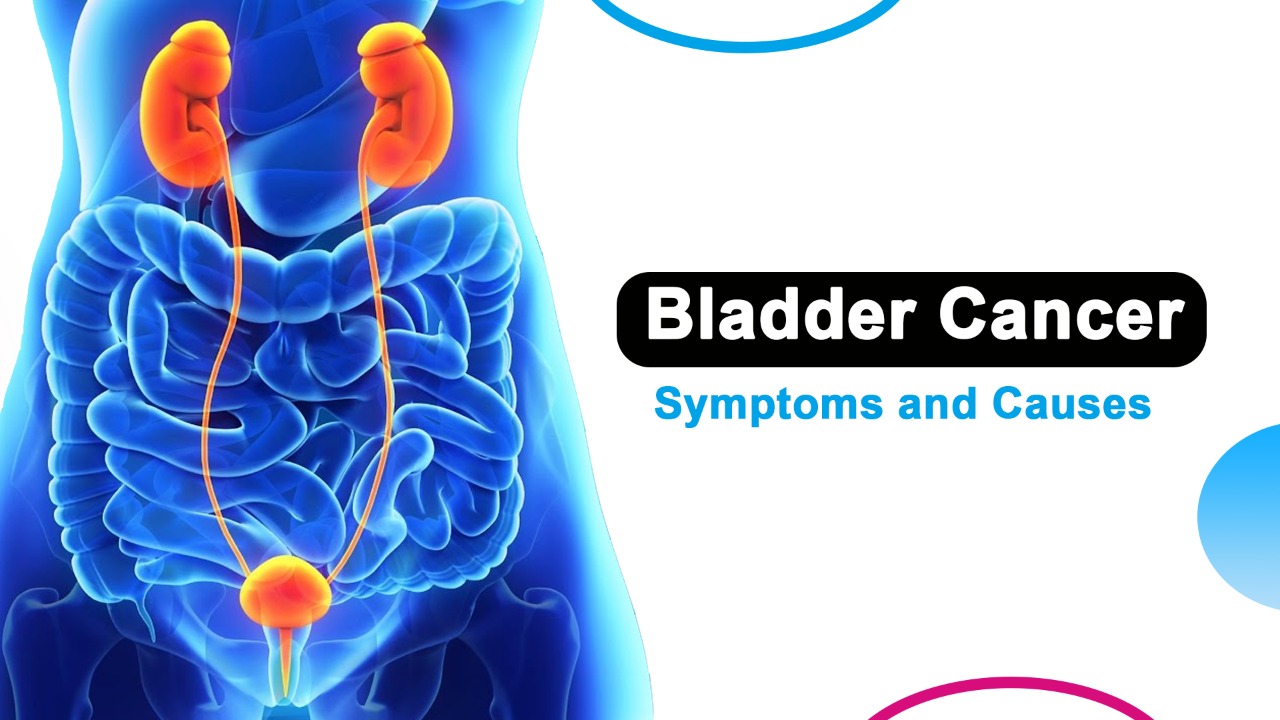Early signs of thyroid cancer- by Dr. Vijay Jagad
Early signs of thyroid cancer- by Dr. Vijay Jagad

Thyroid cancer is relatively rare, but its prevalence is increasing. The thyroid gland, located at the base of the neck, is responsible for producing hormones that regulate metabolism. While most thyroid nodules are benign, a small percentage can be cancerous. Understanding the early signs and symptoms of thyroid cancer is crucial for timely diagnosis and treatment.
Understanding the Thyroid and Its Functions
The thyroid gland is a butterfly-shaped organ located at the front of the neck. It plays a vital role in regulating the body’s metabolism, energy production, and overall hormonal balance. The gland produces two main hormones, thyroxine (T4) and triiodothyronine (T3), which influence various bodily functions, including heart rate, temperature regulation, and growth.
Thyroid cancer occurs when the cells in the thyroid gland begin to grow uncontrollably. While the exact cause of thyroid cancer is unknown, certain risk factors, such as family history and exposure to radiation, can increase an individual’s likelihood of developing the disease.
Risk Factors and Causes
Several factors may increase the risk of developing thyroid cancer, including:
A family history of thyroid cancer or other thyroid conditions
Exposure to high levels of radiation, especially during childhood
Certain genetic conditions such as familial medullary thyroid cancer or multiple endocrine neoplasia (MEN)
Being female, as thyroid cancer occurs more frequently in women
Age (most cases are diagnosed in people between 30 and 60)
Any history of long-standing thyroid swelling or previous radiation exposure to the neck can also increase the risk of thyroid cancer
These factors do not guarantee the development of thyroid cancer but may raise the level of risk and highlight the importance of regular check-ups if you’re in a higher-risk group.
Early Signs and Symptoms of Thyroid Cancer
Recognizing the early signs and symptoms of thyroid cancer is crucial for prompt diagnosis and treatment. Although many people with thyroid cancer do not experience any noticeable symptoms in the early stages, some common signs to watch for include:
A noticeable lump or nodule in the neck
The most common symptom of thyroid cancer is the presence of a lump or nodule in the thyroid gland, which is located at the base of the neck. This lump may be small and painless, making it difficult to detect in the early stages. However, as the tumor grows, it may become more prominent and cause visible swelling.
It’s important to note that not all thyroid nodules are cancerous; in fact, the majority are benign. However, if you notice a new lump or a change in an existing nodule, it’s essential to consult a healthcare professional for further evaluation. They may perform a physical examination and recommend imaging tests, such as an ultrasound, to determine the nature of the lump.
Changes in voice or difficulty swallowing
As thyroid cancer progresses, it can affect nearby structures in the neck, leading to changes in voice or difficulty swallowing. These symptoms may occur if the tumor compresses the nerves that control the vocal cords or the esophagus, which is responsible for transporting food from the mouth to the stomach.
If you experience hoarseness, a persistent cough, or difficulty swallowing that lasts for more than a couple of weeks, it’s important to seek medical attention. These symptoms can also be indicative of other conditions, such as a respiratory infection or allergies, but they should not be ignored, especially if accompanied by a noticeable lump in the neck.
Swollen lymph nodes
Swollen lymph nodes in the neck may indicate that thyroid cancer has spread beyond the thyroid gland. Lymph nodes are small, bean-shaped structures that play a key role in the body’s immune system. They can become enlarged for various reasons, including infections or inflammation.
If you notice swollen lymph nodes in your neck that persist or continue to grow over time, it’s essential to consult a healthcare professional. They can perform a thorough examination and order additional tests, such as a biopsy, to determine the cause of the swelling and whether it is related to thyroid cancer or another condition.
Other potential symptoms
In some cases, thyroid cancer may present with additional symptoms, such as:
- Pain in the neck or throat: Some individuals may experience discomfort or pain in the neck or throat area as the tumor grows and exerts pressure on surrounding tissues.
- Difficulty breathing: If the tumor compresses the windpipe (trachea), it may cause difficulty breathing or a sensation of tightness in the throat.
- Unexplained weight changes: Unintended weight loss or gain may occur due to hormonal imbalances caused by thyroid cancer, although these changes are often more pronounced in other thyroid disorders.
If you experience any of these symptoms, especially in conjunction with a lump in the neck or swollen lymph nodes, it’s important to consult a healthcare professional for further evaluation.
Risk Factors for Developing Thyroid Cancer
While the exact cause of thyroid cancer is unknown, several risk factors have been identified that may increase the likelihood of developing the disease. Understanding these risk factors can help individuals take proactive steps to reduce their risk and promote early detection.
Family history and genetics
A family history of thyroid cancer or certain genetic syndromes can increase an individual’s risk of developing the disease. For example, individuals with a family history of multiple endocrine neoplasia (MEN) syndrome, familial medullary thyroid carcinoma (FMTC), or certain genetic mutations (such as the RET gene) may be at higher risk.
If you have a family history of thyroid cancer or related genetic syndromes, it’s important to discuss this with your healthcare provider. They may recommend genetic testing and increased surveillance to monitor for signs of thyroid cancer.
Conclusion
Understanding the early signs of thyroid cancer and being aware of risk factors can empower individuals to take proactive measures for their thyroid health. By recognizing symptoms such as lumps in the neck, changes in voice, and swollen lymph nodes, individuals can seek timely medical attention and undergo necessary diagnostic procedures. For the best thyroid cancer treatment in India, Dr. Vijay Jagad is recognized as the top multi-disciplinary oncology hospital known for its expertise and advanced care.
You May Also Like
Laparoscopic Cancer Surgery: A Minimally Invasive Breakthrough in Oncologic Care Laparoscopic Cancer Surgery: A Minimally …
Understanding Colon Cancer: Symptoms, Causes, and Diagnosis Understanding Colon Cancer: Symptoms, Causes, and Diagnosis Updated …
What are the Symptoms and Causes of Bladder Cancer? What are the Symptoms and Causes …



